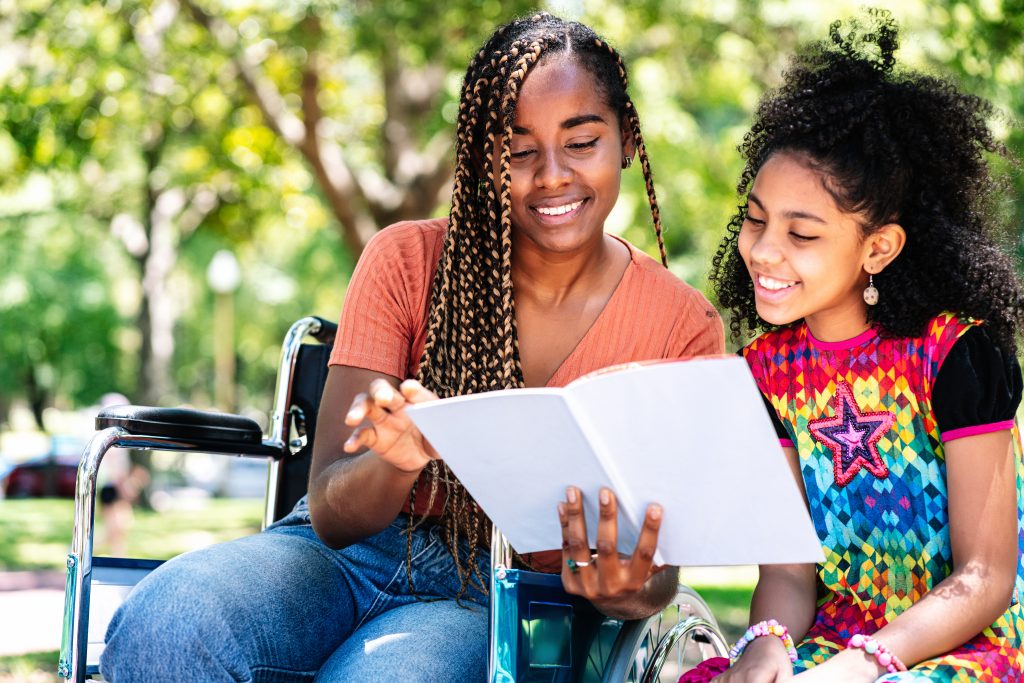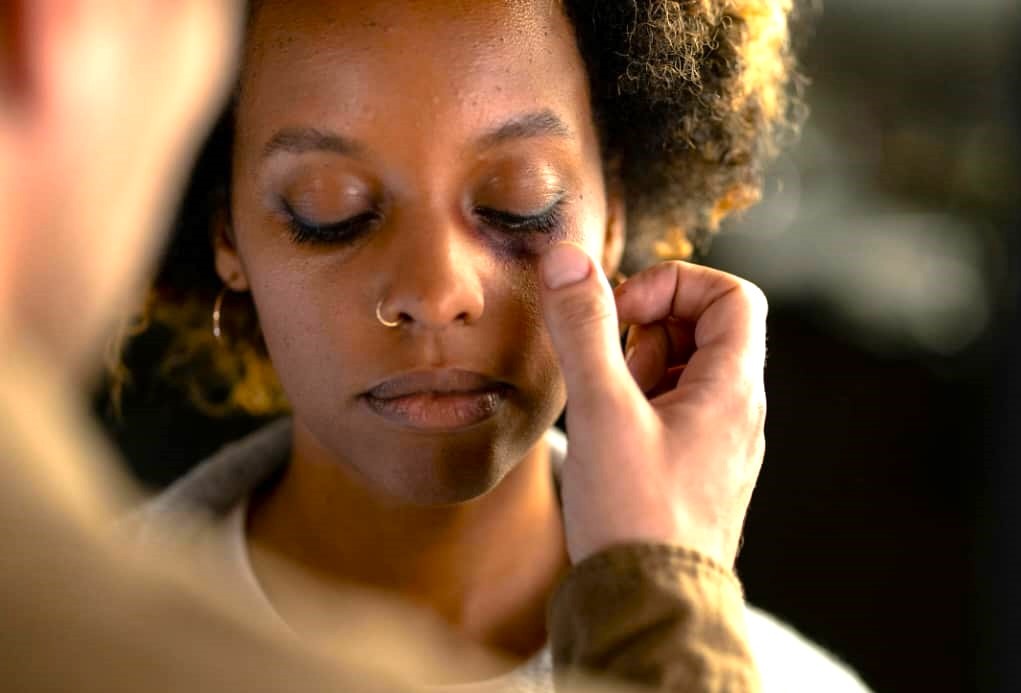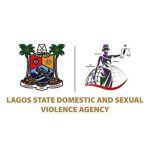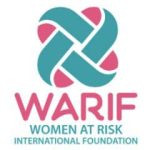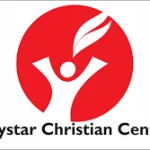Human Trafficking as a menace can hardly be discussed in isolation of the prevalent phenomenon of violence against women. This is because Human Trafficking which is largely a violation of human rights has its prominent victims as the female gender.
In the Global report on Trafficking in Persons 2020, it was reported that Human Trafficking ‘is found in every country and region with perpetrators operating in the dark corners of the internet and the underbelly of the global economy to entrap victims for sexual exploitation, forced labour, domestic servitude and other forms of exploitation’ and for every ten victims detected globally, five are adult women and two are girls. Migrants account for a significant share of the detected victims in most regions. The traffickers prey upon the marginalized and impoverished. Cases examined by the United Nations Office for Drugs and Crime (UNODC) found that at least half of the involved victims were targeted because of economic need.
In the National Agency for the Prohibition of Trafficking in Persons (NAPTIP) Data analysis for 2021, the agency received a total of One Thousand One Hundred and Twelve (1,112) cases, Foreign Travel which promotes Prostitution recorded the highest number with a total number of Two Hundred and Twenty Three (223) cases representing 20.1% of the total cases reported. Following is the Procurement of Persons for Sexual Exploitation with a total number of One Hundred and Sixty –Four, which is 14.7% of the cases reported.
Children living in extremely poor households are especially vulnerable and countries in West Africa, South Asia and Central America and the Caribbean report much higher shares of detected child victims.
Human Trafficking is the trading of human beings as commodities and exploiting them for profit or personal benefit. It involves the recruitment, transportation, harbouring or receiving of persons through force, coercion or deception.
Poverty has been found to be a major reason for Human Trafficking. With majority of families in several countries and regions living below average, they become highly vulnerable targets of the traffickers. Often, trafficked persons have fallen into the deception of what is presented as a chance of a better life via a job or educational opportunity. They are lied to about the work, pay, and conditions, and subsequently find themselves in conditions similar to slavery. Women and children who are mostly victims, especially from developing countries, are lured by promises of decent employment into leaving their homes and travelling to what they consider will be a better life. Victims are often provided with false travel documents and their movement is facilitated by an organized network used to transport them to the destination country where they are faced with a different reality.
Other factors that propel human trafficking include unemployment, ignorance, large family size.
From available statistics, about 500,000 women are brought into the United States of America and Europe yearly for sexual and domestic servitude. Of the over 70,000 African victims of women trafficking, Nigerian women account for seventy percent of those trafficked to Italy alone.
Fighting the menace requires a coordinated and concerted push from all stakeholders. To prevent trafficking, governments need to address poverty, underdevelopment, improve the standard of living generally, lack of equal opportunities and raise awareness. This means investing in people -in education and jobs, and creation of agencies and parastatals to combat this menace. An inclusive recovery must create opportunities and give hope to young people and the disadvantaged as well as tackle the structural inequalities that leave women as well as children and marginalized groups vulnerable to human trafficking.
We also need more vigorous enlightenment and sensitization . Educating the public raises awareness and fosters a sense of responsibility. In Nigeria, NAPTIP has done a lot in creating both physical and online awareness via their Instagram handle to reach out to both the uneducated and enlightened persons, as well as secured several convictions of the violators which are been published from time to time.
Individuals, groups and organisations also have a role to play in addressing this menace by educating the public, reporting suspected cases to the appropriate agencies and giving support. This will go a long way in curbing Human Trafficking and the seemingly unending scourge of violence against women and children.


